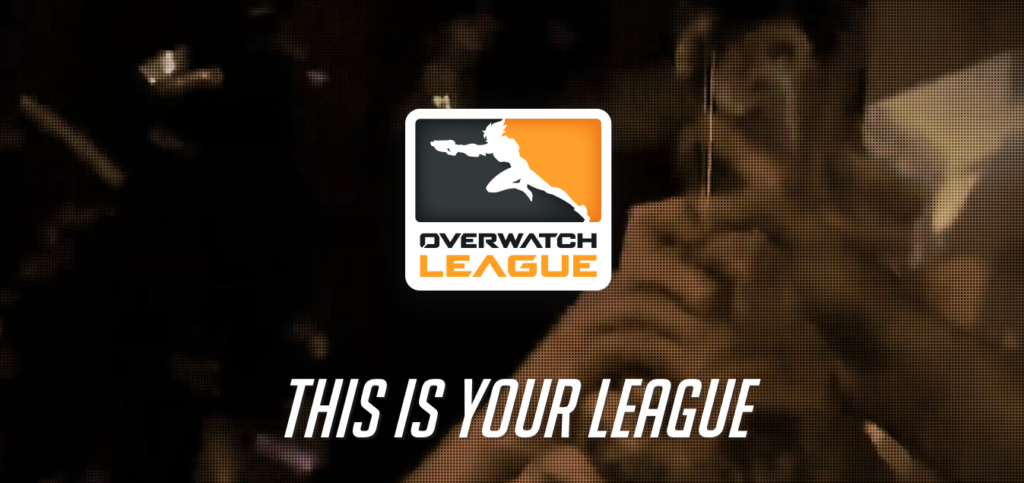This is a guest post by Justin M. Jacobson, Esq of New York based law firm The Jacobson Firm.

This weekend past Activision Blizzard announced that the new teams in its Overwatch League will be comprised of newly established teams with the league owning the rights to these created teams. In short, the likes of Cloud9, who recently acquired the London slot, will not be able to call themselves Cloud9 but must establish a new brand.
This new move has widespread impact, including both legal and financial ramifications, for all those organisations and players involved in Blizzard’s new league.
The most obvious reason and benefit for this is the ease of licensing and league-wide sponsorship. Instead of the league having to acquire individual licenses from each organisation to sell “official” team merchandise containing their logos, the league is able to create new teams and have the exclusive rights to license and otherwise utilise these teams and their associated imagery as they see fit.
This permits the league to enter into more lucrative and long-term exclusive licensing deals that are applicable to all teams without having to separately negotiate or consult with each individual organisation owner.
“This new move has widespread impact, including both legal and financial ramifications, for all those involved”
Furthermore, it simplifies the league’s ability to create league-wide sponsorship deals. This includes the opportunity to create new sponsored jerseys for official league competitions as well as new sponsored gaming equipment utilised by all league competitors. These new product placement opportunities combined with the potential “all-access” that the league can provide these brands, creates a new inherent value that this potential league has; and, that none of the other developers or interested esports parties, including already established organisations, possess.
“This permits the league to enter into more lucrative and long-term exclusive licensing deals that are applicable to all teams without having to separately negotiate or consult with each individual organisation owner”
One last additional benefit is that league-wide ownership of all the intellectual property (trademarks and copyrights) in the team names, logos and player imagery, is that it permits much more cost efficient and manageable rights enforcement. This includes the ability to prevent the creation, sale, import and/or export of any infringing or counterfeit items containing the league’s protected assets (team logos). The league can also protect its rights world-wide by obtaining protection in many countries throughout the global and the related enforcement powers, such as country border controls.
“It simplifies the league’s ability to create league-wide sponsorship deals…”
Finally, new teams, similar to Major League Soccer, could potentially create new exposure and hype by hopefully tapping into a fan’s pride of “their” city and wanting to support their local esports franchise.

These new entities could also create some new excitement for the players and viewers by creating new rivalries. There should also be more opportunities for the game’s top talent to compete against each other. This new league also permits the creation and potential usage of new “developmental” and “substitution” players, especially, if any scheduling or other conflicts arise between a player’s team organisation and its “Overwatch” league team obligations.
While there are many positives to this new revelation, the most obvious drawback to creating new teams, as opposed to building new league rosters within the currently endemic existing ones (Cloud9, Immortals, NRG, and so on), is the loss of the existing fan-bases and substantial social media metrics they currently possess.
Being that esports fans are traditionally very loyal, there may be an immediate backlash from gaming traditionalists who may view this development negatively. It could also be perceived as purely a “money grab” move by new companies attempting to exploit and push new “teams” and exclusive team merchandise to fans.
“Another serious issue that this new regulation may cause is the potential conflicts with existing endemic team organisations and player’s sponsorship relationships”
Another serious issue that this new regulation may cause is the potential conflicts with existing endemic team organisations and player’s sponsorship relationships. Most of these organisations already have exclusive merchandise and/or gaming peripherals agreements in place. A conflict could exist with the new Overwatch teams (most which contain players contracted with other teams as well) league-wide exclusive sponsors and an existing team’s sponsors.
This could also affect an individual gamer’s individual sponsorship arrangements. These could include a specific number of appearances the player must make on behalf of the brand, advertisements displayed during or before a Twitch or other stream as well as prominently displayed during any competitive play. Such requirements could directly conflict with those imposed by the Overwatch League team’s sponsor and vice-a-versa.
While more extensive potential business and legal issues may arise from this recent news announcement, it’s clear that many existing exclusive sponsorship arrangements may need be to reviewed and re-evaluated to ensure that all players and organisations can still fulfill their contractual obligations to their existing sponsors.
This article is not intended as legal advice, as an attorney specializing in the field should be consulted. Anyone with any questions for the author of this piece, Justin from Jacobson Law Firm, can reach out via [email protected]

